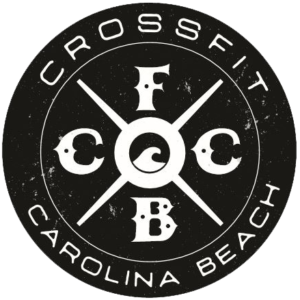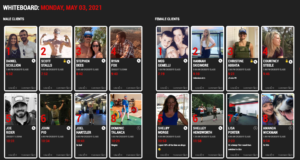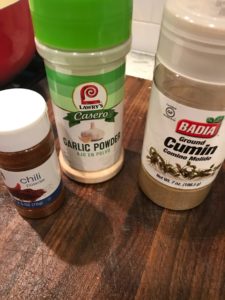
This delicious beef stew is packed with protein and is the perfect dinner on a day like today!
You may add a number of veggies to this recipe as you like, but I will be making a little more simple version today. You absolutely may start with some cheaper beef, often sold as “stew meat” at the grocery store, but the end product will only be as good as the quality of your ingredients so I recommend a little splurge and use either chuck roast of sirloin roast as the start. The next thing that will turn this from good to great is to build layers of flavor on top of layers of flavor and I will go into how to do that next!
Ingredients:
2-3 lbs beef
2-4 onions depending on size
4-6 carrots
2-4 potatoes
add celery, peas, mushrooms, etc to the stew at different times depending on the veg. (Celery goes in early so it gets soft, mushrooms, peas, etc could go in at the end so they don’t dissolve totally)
red wine
Beef broth
Salt
Garlic
Thyme
Start by prepping all the veggies to the desired size and cutting the meat into bite size chunks. Trim any excess fat, but remember that good marbling will lead to delicious flavors! First cooking step is to brown the beef chunks. Do this a small amount at a time in a large pan or soup pot with a bit of olive oil and plenty of salt and pepper. You will be tempted to just throw all the meat in at once, and this whole recipe could be done in a slow cooker, but the results just won’t be quite the same. If you take the time to sear the meat, getting good caramelization on each piece you will have started the flavor layer building perfectly!
After all the meat is browned and you have pulled it into a bowl to wait, you will throw the chopped onions into the pan with another dash of salt and the garlic. Add a little more olive oil and a dusting of flour to make a roux that will thicken the stew. Stir constantly to help free all the delicious bits of meat that have stuck to the sides of your pan. Once the onions are getting soft you can put the meat back in the pot and cover with a cup of red wine and 2 cups of beef broth or stock salting to taste and adding the thyme. If you are adding other firm veggies like celery now would be the time. You may leave this on the stove top for 2-3 hours or put in the oven at 250. Just be sure that the broth doesn’t cook off! You want to braise the meat, covered in wine and stock until very tender!
After the meat is nearly falling apart you will add the carrots and potatoes and continue to cook until those are soft as well. You should taste and add salt and pepper as needed. Once cooked until the potatoes are ready this is ready to serve.
I like to eat this sort of stew with some crusty bread, usually sourdough.
















